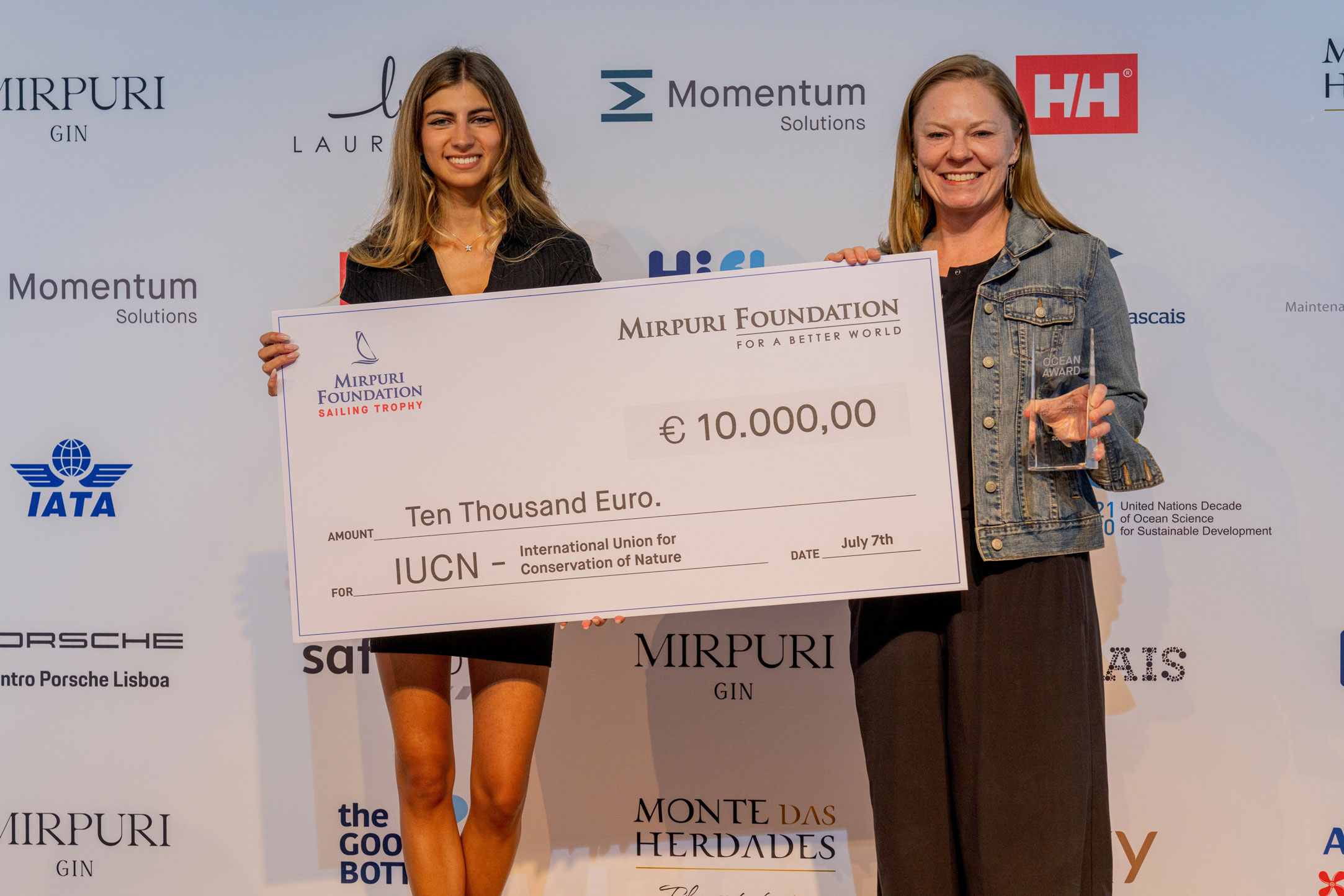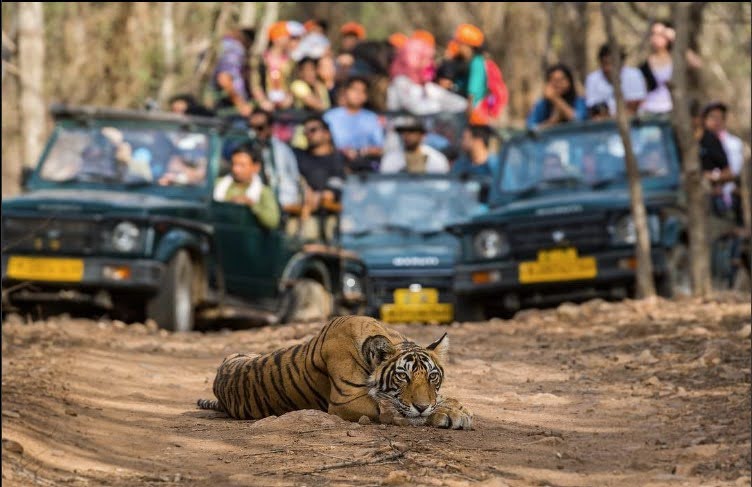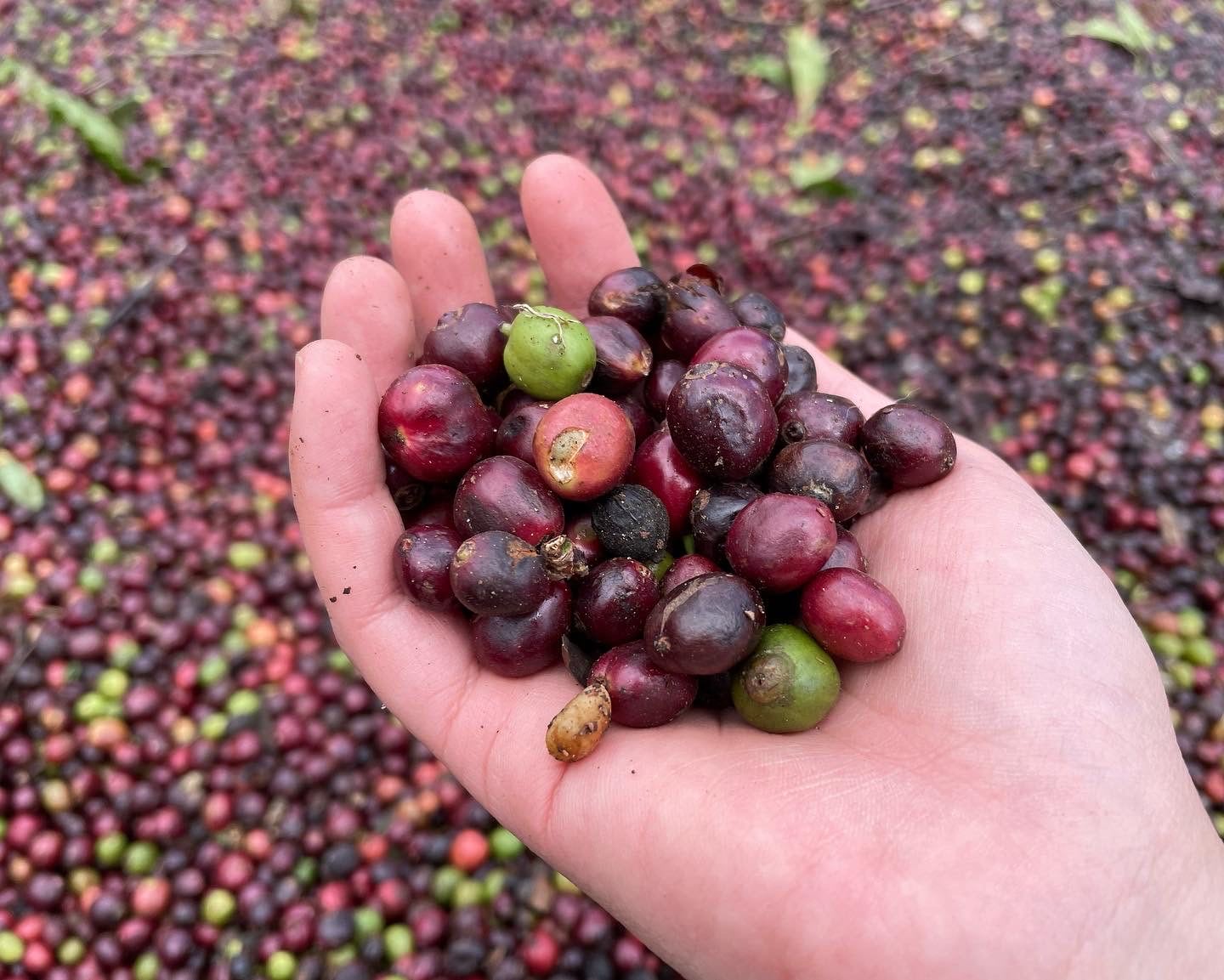Community ecotourism at the second Asia Parks Congress
The Second Asia Parks Congress (APC) took place in Kota Kinabalu, Sabah, Malaysia from 25-29 May 2022, jointly convened by IUCN and Sabah Parks. Sabah on the island of Borneo, is one of the most diverse natural and cultural regions of the world. The richness of the Asia region was vividly displayed across the Congress and the theme of ecotourism featured prominently through presentations, side events, forums, working groups and not least in the Indigenous Peoples’ exhibition hall, where excellent community led ecotourism initiatives and activities were showcased.
In the Congress Declaration, the ‘economic and financial sustainability of protected and conserved areas’ working group specifically calls for “sustainable financing strategies for protected and conserved areas and to bring benefits to local Indigenous peoples and communities” and with a strong voice from indigenous peoples and local communities, they call to improve “the participation of representatives of Indigenous peoples and local communities, including women and youth, in management and decision making with financial support where possible and appropriate”.
Community led ecotourism can be a key avenue for securing economic and social well-being and diversifying livelihoods of indigenous and local communities in and around protected and conserved areas (PCA), recognising the rights, knowledge, culture and conservation efforts of these communities.
Through the Sustainable Tourism project, we aspire to be part of the response to these calls by supporting indigenous and local communities in and around PCAs to develop ecotourism action plans and itineraries that will diversify income and respond to the impacts of the COVID-19 pandemic, and also engage indigenous and local communities in management and decision making around tourism operations.
The COVID-19 pandemic has clearly shown the vulnerability of people, livelihoods and economies to the declining health of our environment. However, it has also highlighted the importance of nature to the well-being of people, leading to an increased acknowledgement of the importance of access to nature.
In many PCAs, conservation activities and local livelihoods are dependent on economic benefits from tourism, which in turn are dependent on beautiful natural areas, healthy wildlife and habitats, and authentic cultures. If not managed sustainably, tourism activities risk impacting these values, leading to decreased revenues for both local communities and nature conservation.
The onset of the COVID-19 pandemic in early 2020 caused an abrupt halt to tourism in most parts of the world, leading to the closure of activities in numerus PCAs, difficulties for managers to sustain biodiversity protection measures and devastating consequences for many local communities. But could a post-pandemic re-set provide an opportunity to build a better, more sustainable, equitable and resilient tourism model for PCAs and local communities?
The “Sustainable Tourism and Protected Areas in a Post-COVID World” side event covered experiences and solutions to developing and enhancing community-based tourism to support COVID-19 recovery, putting people and nature at the heart of tourism operations and economic development.
The session was introduced by Dr Sebastian Paust, First Counsellor and Head of Development Cooperation in Vietnam, German Ministry for Economic Cooperation and Development (BMZ), who discussed the current crisis in tourism and biodiversity protection due to the COVID-19 pandemic, whether tourism can really be an instrument for the protection of biodiversity, as well as the joint goal of the German Development Cooperation and IUCN to see those living in and around PCAs benefitting economically from tourism, while contributing to the management and stewardship of natural resources.
In the first part of the session, speakers provided an overview of the progress achieved so far within the Sustainable Tourism project, implemented by IUCN with support of GIZ on behalf of BMZ. Examples from Vietnam were showcased, including solutions for market-driven sustainable ecotourism development in PAs. Good governance was discussed, which requires meaningful participation of stakeholders and right-holders in planning and decision-making processes, and is a vital component for these Green Listed and candidate sites. Within this project we work with both local communities and PA authorities to ensure fair and effective tourism management. On a global level, PANORAMA Solutions that offer practical approaches to community led ecotourism for readers were presented, which will be published later in 2022. In one Green List candidate sites of the project we also work to bring local communities and PCA authorities closer together through Participatory 3D Mapping.
The second half of the side event focused on One Health and COVID-19 implications for PAs. The interactive session provided a technical dive into the development of six new 'One Health' principles for tourism, giving participants an opportunity to input through a web form. The principles will be expanded on in a more detailed IUCN guidance to be published in 2022. Stay tuned!



